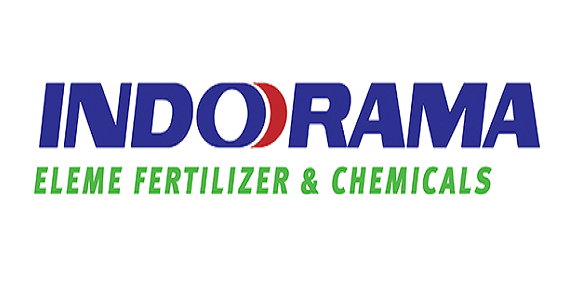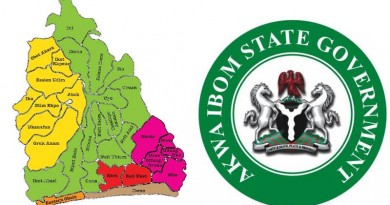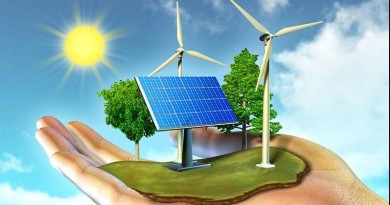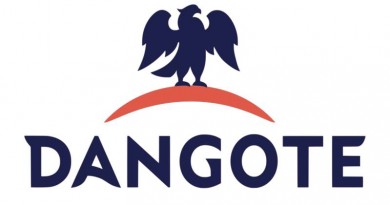Indorama Eleme Fertilizer and Chemicals gets $75m loan to boost fertilizer production and export
The African Development Bank (www.AfDB.org) has recently finalized a $75 million loan agreement with Nigeria’s Indorama Eleme Fertilizer and Chemicals Limited. This financial support will enable Indorama to expand its fertilizer production capacity and establish a port terminal for exports, ultimately enhancing food production and security in both regional and international markets, as well as promoting job creation within Nigeria.
The expansion project will involve the construction of a third urea fertilizer production line and a new shipping terminal at Indorama’s facilities in Port Harcourt. The anticipated annual capacity of the new production line is 1.4 million metric tons of urea, a key fertilizer utilized globally.
Indorama’s existing urea fertilizer lines currently cater to Nigeria’s domestic market, providing essential support to the country’s agricultural sector, which contributes significantly to its GDP and employment rates. The forthcoming production line and terminal, aimed at meeting the rising global demand for fertilizer, are projected to generate up to 8,000 direct and indirect job opportunities in Nigeria.
Ousmane Fall, Acting Director of the Industrial and Trade Development Department at the African Development Bank, expressed satisfaction with the ongoing collaboration with Indorama, the IFC, and other financiers on this crucial initiative. He emphasized that this project aligns with the bank’s strategic priorities (https://apo-opa.co/3VAaLMQ) of feeding Africa and industrializing the continent, (https://apo-opa.co/3VBF85N) and Industrialize Africa (https://apo-opa.co/3xcwgcH) while delivering substantial development impacts in Nigeria.
Manish Mundra, Group Director for Africa at Indorama Corporation, emphasized the significance of establishing the fertilizer plant, highlighting Indorama’s unwavering commitment to Nigeria’s industrial growth and economic diversification. He also emphasized the strategic geographic location of Nigeria and how this plant will contribute to the country’s position as a major player in the global fertilizer market. The addition of this third line will significantly boost Nigeria’s export capacity, solidifying its role as a key exporter of fertilizers to Africa and the rest of the world. Furthermore, the establishment of this plant will not only address critical issues like food security but also stimulate agricultural growth and create employment opportunities in Nigeria.
The African Development Bank’s loan is in line with their strategy to support private sector development and promote the growth of the real sector. This $75 million senior loan is part of a larger $1.25 billion facility arranged by IFC. The financing package includes a $215.5 million loan from IFC’s own account, a $94.5 million loan through the Managed Co-Lending Portfolio Program (MCPP), and $940 million in parallel loans mobilized from other development finance institutions and commercial banks. These institutions include the African Development Bank, Bangkok Bank, British International Investment, Citibank, Deutsche Investitions- und Entwicklungsgesellschaft (DEG), DZ Bank, Emerging Africa Infrastructure Fund (EAIF), Rand Merchant Bank, Nederlandse Financierings-Maatschappij voor Ontwikkelingslanden (FMO), Export-Import Bank of India (India Exim Bank), Export-Import Bank of Korea (KEXIM), the Standard Bank Group, Standard Chartered Bank, and the United States International Development Finance Corporation (DFC).




